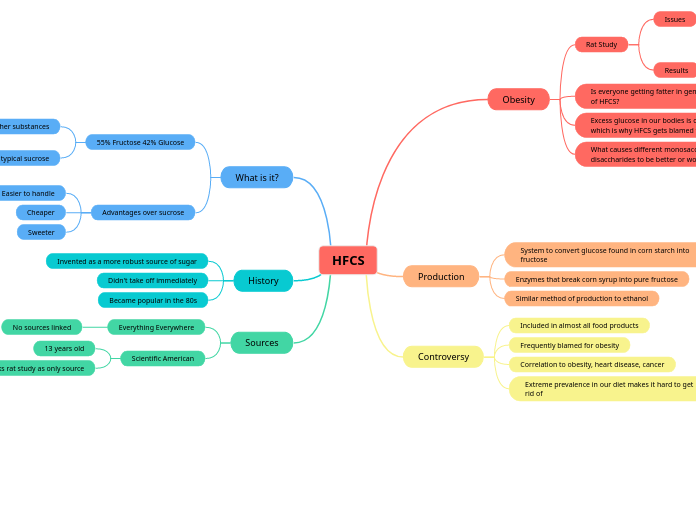por Oliver Boyes 1 ano atrás
74
HFCS
High-fructose corn syrup (HFCS) has stirred considerable debate due to its association with various health issues, particularly obesity, heart disease, and cancer. Its prevalence in the modern diet makes it challenging to avoid, as it is included in a wide range of food products.









